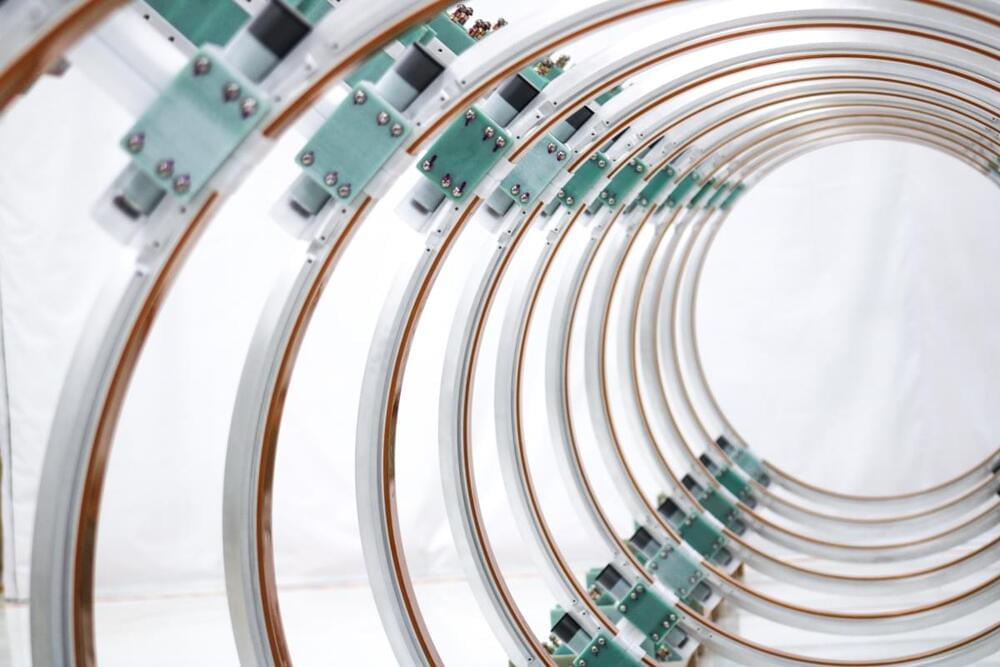
In 2010 Prof. Shlomo Havlin and collaborators published an article in the journal Nature proposing that the abrupt electricity failure causing the famous 2003 Italy blackout was a consequence of the inter-dependency of two networks. According to Havlin’s theory the dependency between the power network and its communication system led to cascading failures and abrupt collapse. Havlin’s seminal work ignited a new field in statistical physics known as “network of networks” or “interdependent networks” and paved the way for understanding and predicting the effects of the interaction between networks.
The main novelty of Havlin’s model is the existence of two types of links that represent two qualitatively different kinds of interactions. Within networks, links between nodes describe connectivity such as electric power or communication connections. Between networks, on the other hand, links describe dependency relationships in which the functionality of a node in one network depends on the functionality of a node in the other. The communication hubs need electricity and the electric power stations depend on communication control. This dependency leads to a cascading effect in which failure of a single node in one of the networks could lead to an abrupt breakdown of both networks.
Over the past decade or so since, Havlin, from the Department of Physics at Bar-Ilan University in Israel, and others have applied this concept to a variety of abstract systems, such as the internet, road traffic, the economy, infrastructure, and more. But being a theorist, Havlin was unable to manifest the hypothesis on real experimental physical systems and thus the theory couldn’t be confirmed in controlled experiments, nor could it be implemented for device-type applications.
















